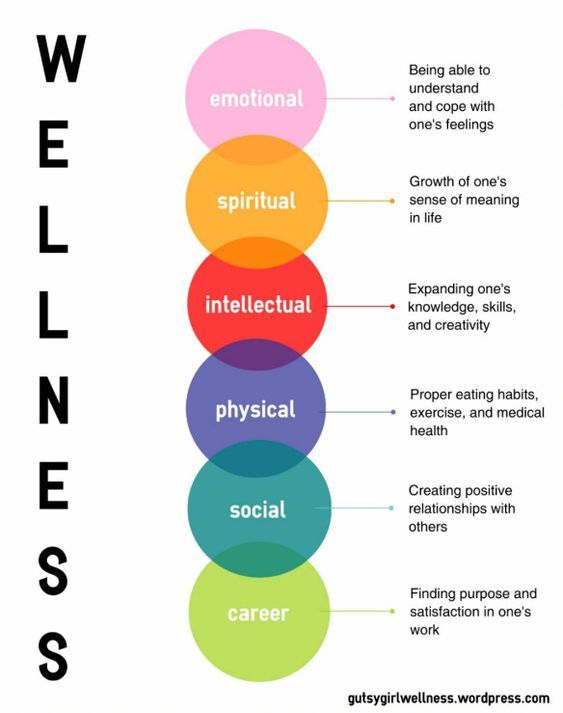In the last blog, we talked about why mental health matters; we established that in order to create whole, healthy selves and – by extension – communities, we must pay attention to how we feel, behave, and interact.
Perhaps, the next step is to reflect on what the markers of good (and poor) mental health are; the more we educate ourselves on identifying signs of maladjustment, the more equipped we will be to create opportunities for wellness.
Let’s think about the more obvious signs of wellness.
Engagement and Presence: Individuals with good mental health typically engage in family and community activities, fostering a sense of belonging within their social groups. They take the initiative to form and maintain connections. However, it is important to recognize that while participation is a key indicator of well-being, so is the ability to set healthy boundaries; well adjusted people can comfortably decline commitments when necessary, balancing their engagements with personal limits.
Self-Esteem: Self-esteem is how you perceive yourself—an inner voice that affirms your worth, abilities, and value. A person with healthy self-esteem treats themselves with respect and kindness, admits mistakes without excessive guilt, takes ownership of their successes while also sharing credit, and appreciates their strengths without depending entirely on external validation. And while confidence is often associated with self-esteem, it is only one aspect of it; confidence can be the outward expression of self-assurance, whereas self-esteem is a deeper, internal perception of one’s own identity.
Physical Health: Mental well-being and physical health are closely connected. A person with good mental health tends to maintain balanced energy levels, get adequate sleep, and engage in regular physical activity. They listen to their body’s needs, nourishing it with healthy food and allowing it to rest when necessary. While occasional stress and fatigue are normal, overall physical wellness, free from chronic exhaustion or frequent illness, can be a strong indicator of mental and emotional stability.
Sense of Purpose and Motivation: A clear-ish sense of direction in life can reflect wellness; those with good mental health find meaning in their daily activities, whether through work, play, or relationships. While motivation may fluctuate, a general ability to stay engaged and committed to personal growth suggests a strong foundation of mental wellness.
However, it is important to acknowledge that having a sense of purpose is, in many ways, a privilege; for individuals facing significant hardship, due to financial instability, traumatic circumstances, or other overwhelming challenges, simply getting through the day may take priority over higher order goals. In these cases, expecting a strong sense of purpose can be unrealistic, and the focus should instead be on stability and support.

Lets pause.
Take a moment to check in. Do you see these signs of well-being in your own life? It’s important to remember that wellness is not about perfection—it’s about balance. Some days, you may feel more connected, motivated, or self-assured than others, and that’s completely okay. Rather than striving to meet an ideal state of being, consider which areas you are doing well with and which might need more attention.
If you notice gaps, approach them with curiosity rather than self-judgment. What small steps can you take to nurture these areas?
While some signs of wellness are more apparent, there are also more subtle indicators that reflect mental and emotional well-being.
Adaptability: People with good mental health are often able to adapt to changing circumstances when given appropriate resources and support. People who are adaptable can navigate changes with a sense of flexibility and resilience, and they are able to shift their mindset and adjust expectations rather than becoming overwhelmed or resistant.
Emotional Regulation: An important but subtle sign of emotional wellness includes being able to express feelings in a way that fits the situation. Emotional regulation does not mean suppressing or blunting emotions. In fact, sometimes, an intense emotional reaction, like crying during a tragic event or expressing frustration when something feels unfair, is not only normal but necessary. True emotional regulation is about responding to situations with emotions that are fitting for the context rather than being stuck in an exaggerated or muted emotional state.
Gratitude: To have gratitude is to be able to appreciate the mundane as well as the awe-inspiring, and wellness allows us to look beyond everyday struggles and find opportunities for gratitude, even in small ways.
Looking inward
Taking a few minutes each day to check in with yourself can help you maintain a strong sense of awareness about your mental and emotional well-being. Consider asking yourself questions like:
- How am I feeling today?
- What areas of my life feel in balance, and where do I need more attention?
- Have I been respectful to myself today?
Until next week, week – take care!
Leave a Reply